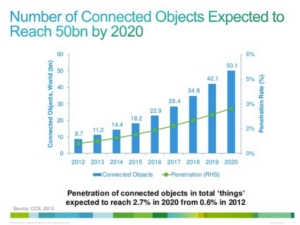By Dez Duran-Lamanilao
How has technology impacted the beliefs, personality and distinctive qualities of a human being? People have become too much absorbed in technology that you might be sometimes left to wonder whether the person you are talking to is the result of his or her interaction with technology or is still the same person capable of making decisions independently.
There is an emerging domain of scholarly research called technoself studies, commonly referred to as TSS, that are concerned with all aspects of human identity and its changing experiences due to constant technological change. The areas of focus of TSS include philosophical inquiry and theoretical framing, digital identity and virtual life, human enhancement technologies, and their regulation. Technoself is further discussed in the book “Handbook of Research on Technoself: Identity in a Technological Environment” by Luppicini.
The significant changes introduced by social media to communication between individuals, businesses, organizations, and societies are the focus of TSS. There are many forms of social media technologies that are found in the digital world which include Internet forums, micro blogging, social networks, podcasts, and many others. The chart below predicts that connected objects may reach 50 billion by 2020 and are thus expected to strongly influence every aspect of human lives.

Anticipating the various ways connected devices will impact the future, companies can respond to these technological innovations by including connectivity in its business product lines or logistics, coming up with a key product that has the potential to create valuable and functional experiences that customers will remember, or changing strategies to cope up with the growing competition. The possibilities are limitless. Amidst all these preparations, organizations are finding ways to preserve the value of human identity by protecting its existence the same way technologies are continuously prioritized, analyzed and carefully considered.
